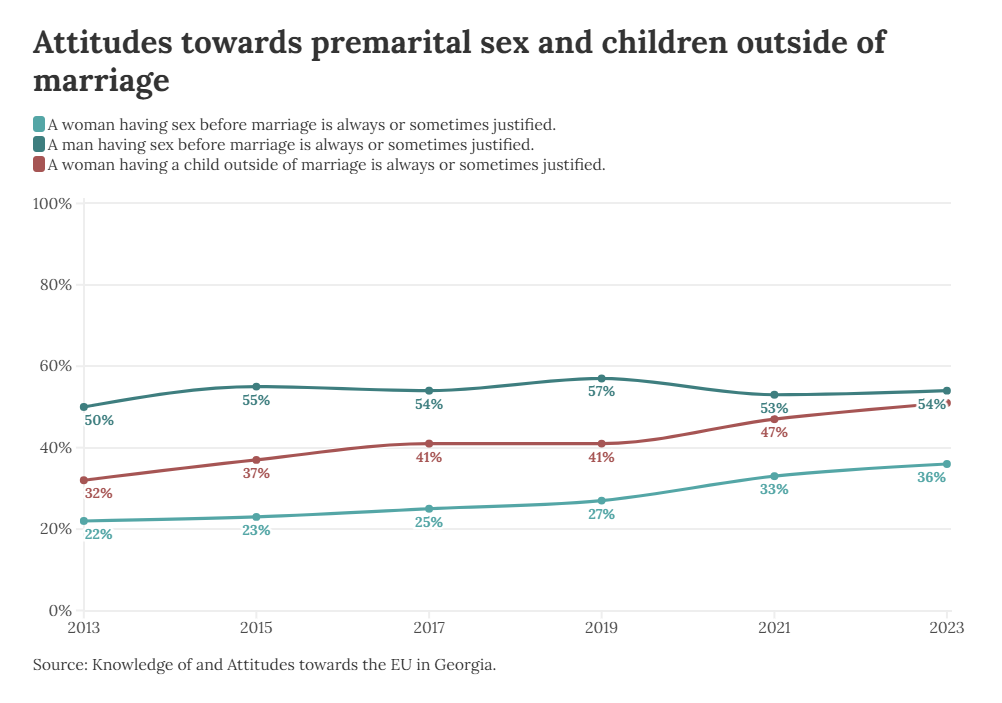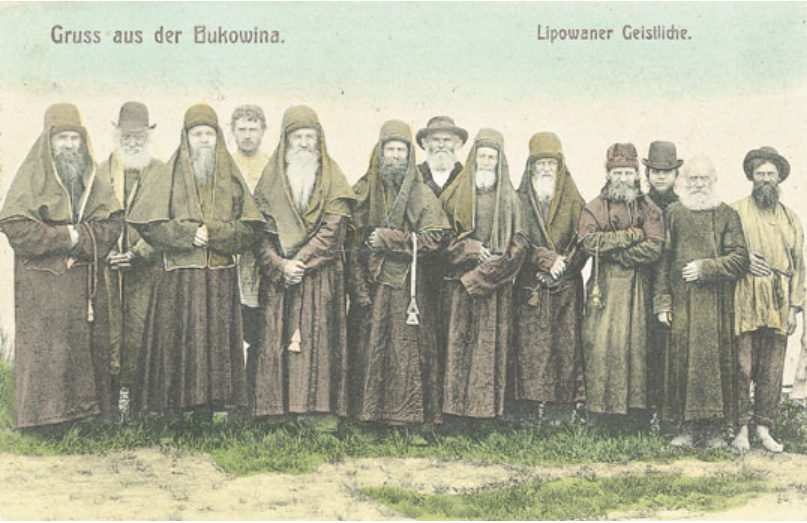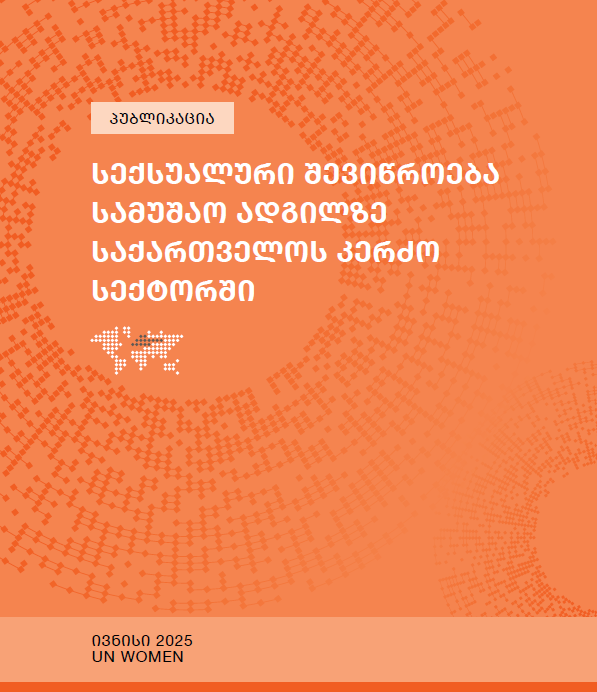Richard Rose, a renowned specialists in the field of Social Capital, is currently visiting Georgia to deliver trainings at CRRC. He offered a public lecture setting out the case for conducting surveys, and entitled “Counting People Helps Make People Count”. Not that we needed convincing, but we still enjoyed the way the argument was set out.
As Rose argued, surveys give a direct voice to people, show how they are living, what they are thinking, and identifies both what the problems are and who has them. He contrasted this bottom -up approach with a top-down approach to policy, and suggested that it has a special place between journalism, which tells one-off stories and ethnography or anthropology, which tell complex stories that become difficult to generalize. Data, in other words, are the plural of anecdotes. A concrete example he offered was a survey conducted in Latvia, designed to focus on poverty among female pensioners. As survey results showed, this was a relatively minor problem, compared to child poverty — an insight that can help to direct scarce resources.
However, there also can be a catch, when data is turned into a league table, since only one can ever be on top. All others can see themselves as losers, relatively speaking. Yet this realization does not need to invoke the particularism of Johann Gottfried Herder, who had argued that basically all comparison is disastrous. Instead, making progress is the relevant category. As Rose put it: “if you talk about league tables, the conversation is pessimistic. If you talk about making progress, you can focus on making changes”. Little happiness lies in comparing oneself to Sweden, but tracking progress in overcoming destitution charts a concrete path to where one wants to go.
Packaged into the talk were many engaging tidbits: admonishments that typical poverty data is one-dimensional (“relative poverty as a curse of Fabian Socialism”); the observation that throughout the former socialist bloc answers to “do you feel freer than before?” remain quite sticky, in that the positive sea change is not forgotten; the curious observation that 58% of Turkish population appears worried about Christian missionaries; and that Russia after the collapse for a long time lacked the “why we are here” speech, something that in post-1945 Germany was easier to deliver. His curriculum vitae lists many of his relevant publications.
The overall outlook was quite optimistic, in that he saw extensive progress. Professor Rose is currently writing a book about Transition and After, which will reflect many of these themes. Currently he is offering a training course on designing Social Capital questionnaires. He also urged us to publish more results from our Data Initiative, which we will be doing over the next few weeks.












